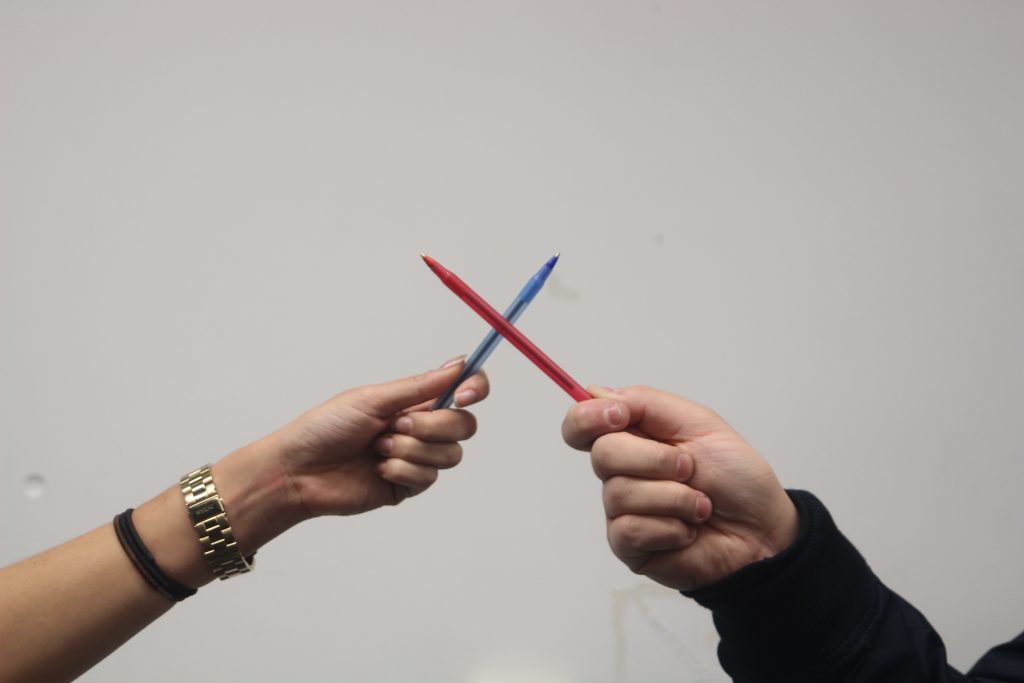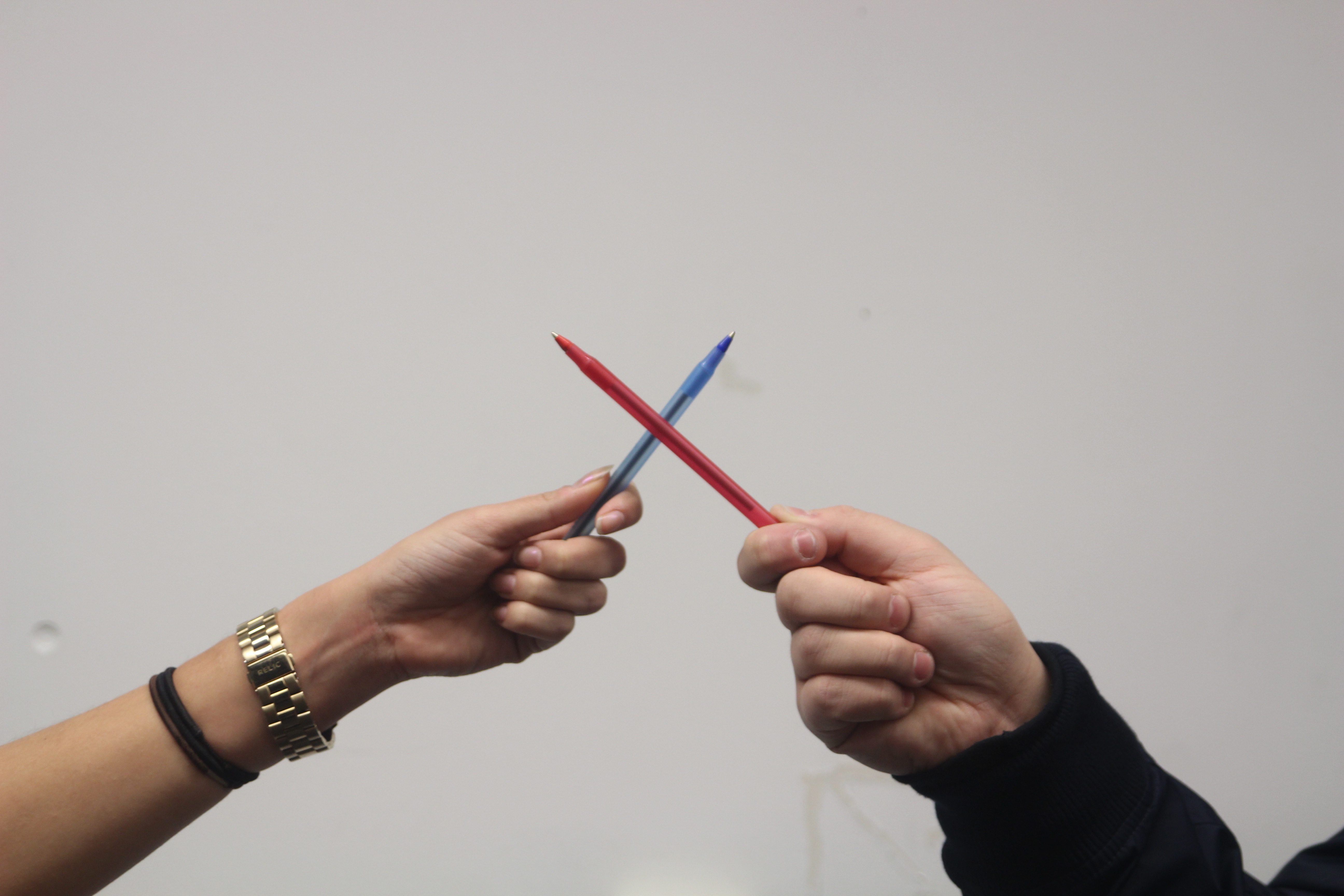
It’s an age-old tradition for journalists and public relations (PR) persons to be enemies. Journalists think they’re noble good-doers who seek the truth and stand opposed to scummy PR reps, who lie and hide the deepest, darkest secrets of their corporations.
But if you speak to Ira Basen, a Ryerson journalism school lecturer and the former senior producer of CBC’s Quirks and Quarks, he’ll give you a different take. Basen was involved in creating the special CBC series Spin Cycles, a six-part look at how PR and journalism intertwine. On top of Basen believing that PR and journalism should maintain a different relationship, he believes it might also be possible that Journalism and PR need each other more than ever.
I spoke with Basen to understand why we should shift our perspectives, and how PR and journalism are becoming more alike than we might realize.
Sierra Bein: How did you start reporting on PR in journalism?
Ira Basen: In the late ‘90s, I was the executive producer of a national morning show. It took up the time slot that’s now occupied by The Current and Q… I was struck by how many people came on the program that had obviously been media-trained because they knew how to respond to a question without answering it. I found it rather frustrating, because the two things you’re trying to do if you’re putting something on the radio is educate people and inform them, and entertain them as well. So, we were not doing any of those things.
Has PR and journalism always been considered rivals?
Public Relations was (in the late 1800s)… essentially managing strategic relationships… It would be a conduit that would allow the organization to express its opinions to the public and the public could then express its opinions back to the organization. But it was not about selling, it was not about marketing. Public relations took on that marketing function later on.
There are certainly friends of mine who are still purists and who get very upset when you try to link marketing with public relations. What they say is that all marketing is communications, but not all communications is marketing.
I’ve heard people say that “If PR fails, journalism fails.” Do you think that’s said because they’re so intertwined?
I think that there’s an increasing lack of trust in the media… One of the consequences of that is that people will treat information they get from a journalist with the same amount of skepticism as they do a PR person.
There is a different purpose in PR than there is in journalism—and that’s fundamental—but I think that is getting blurred a lot, partly because of things like native advertising. So I think that if we reach the stage that I think we’re heading towards, where people see media as no more trustworthy than PR, that’s a dangerous place to be.
One thing we’ve talked about before is something people don’t talk about—how PR people understand our job very well, but we don’t understand their job and we don’t talk about it in the newsroom. What effect does this create?
There’s a large percentage of people in PR who were either former journalists or were trained as journalists and never went into journalism, so they know how the industry works.
The result is that smart PR people understand what a story is, they understand what deadlines are, and they understand what makes a journalist tick and what makes them think, and the ones who do that can be very effective at their jobs. But on the other side, since most journalists don’t really understand how PR people work and what they think, and they continue to have these stereotypes, they’re not as effective as they should be.
They should be able to sort out where public relations people can actually be helpful to the job they do and where they can be an obstacle to their job. But I think that if journalists knew more about it, they would be able to understand how to work with public relations people to get their story, because public relations people are not always the enemy of that story.
About the author
Sierra is a freelance journalist from Toronto. Her main interests include digital and visual journalism, and maybe you'll find a fun opinion here and there.
